B.D. Khunte v. Union of India and Others (2015)
Exception 1 to Section 300 IPC — grave and sudden provocation in crystal-clear classroom English.

Quick Summary
Case Title: B.D. Khunte v. Union of India and Others, (2015) 1 SCC 286
Main Point: To claim Exception 1 to Section 300 IPC, the accused must act while still under grave and sudden provocation. If the heat cools and reason returns, Exception 1 will not help.
Outcome: No reduction. The Court held the critical loss of self-control had passed; the night shooting showed revenge, not continuing provocation.
Issues
- Is the appellant entitled to the benefit of Exception 1 to Section 300 IPC?
- Can the earlier assault reduce the night-time killing from murder to culpable homicide?
Rules
To use Exception 1, these must be shown:
- Provocation by the deceased.
- Provocation was grave.
- Provocation was sudden.
- The accused lost self-control as a result.
- The killing happened while that loss continued (or a third person was killed by mistake/accident during it).
Facts — Timeline

Arguments
Appellant
- Afternoon assault and humiliation created grave and sudden provocation.
- The provocation continued till night; the shooting happened under loss of control.
- Hence, Exception 1 should reduce liability.
Respondent (State)
- The critical moment of loss had passed; the appellant resumed duties.
- Night firing showed anger/revenge, not sudden provocation.
- No fresh provocative act by the deceased at the time of shooting.
Judgment

The Supreme Court dismissed the appeal. The afternoon events caused humiliation, but the appellant’s self-control had returned. He worked through the day and night duty. At the time of firing, there was no fresh act by the deceased. Therefore, Exception 1 to Section 300 did not apply; murder conviction stood.
Ratio Decidendi
- Exception 1 needs a continuing loss of self-control up to the moment of killing.
- Cooling-off and resumption of normal duties show reason restored; anger alone is not enough.
- Absent a fresh provocative act, later retaliation is treated as revenge, not sudden provocation.
Why It Matters
This case teaches the “cooling-off” principle. Courts guard against turning anger or resentment into a defence. Only a live, overpowering loss of control reduces murder to culpable homicide.
Key Takeaways
- Live heat required: Provocation must still cloud reason.
- Fresh act helps: Later trigger is key if time has passed.
- Conduct speaks: Routine work suggests control returned.
- Plan ≠ provocation: Planning to beat shows deliberation.
- Exam tip: Apply reasonable person standard (Mancini test).
- Policy: Stops misuse of past insults to justify killing.
Mnemonic & 3-Step Hook
Mnemonic — “H-O-T”: Heat must be alive → no Over-think/plan → look for a Trigger at the time.
- Check Continuity: Was self-control still lost when the act happened?
- Scan Conduct: Did the accused work, plan, or cool down?
- Verify Fresh Trigger: Any new act by the deceased at the moment?
IRAC Outline
Issue
Does Exception 1 to Section 300 IPC apply to reduce liability from murder?
Rule
Grave and sudden provocation; loss of self-control; killing during that loss (reasonable person test applies).
Application
Time gap + resumed duties + no fresh assault = loss of control had ended; shooting reflected revenge.
Conclusion
Exception 1 inapplicable; murder conviction sustained.
Glossary
- Exception 1 (S.300 IPC)
- Reduces murder to culpable homicide when the accused kills under grave and sudden provocation, before reason returns.
- Cooling-off period
- Time during which the storm of passion settles; once cooled, the defence fails.
- Reasonable person test
- Objective check: would such provocation overpower an ordinary person’s self-control?
Student FAQs
Related Cases
Mancini v. Director of Public Prosecutions
Provocation TestSets the reasonable person standard in provocation cases.
K.M. Nanavati v. State of Maharashtra
Grave & SuddenIndian classic on cooling-off and immediacy in provocation.
Share
Related Post
Tags
Archive
Popular & Recent Post






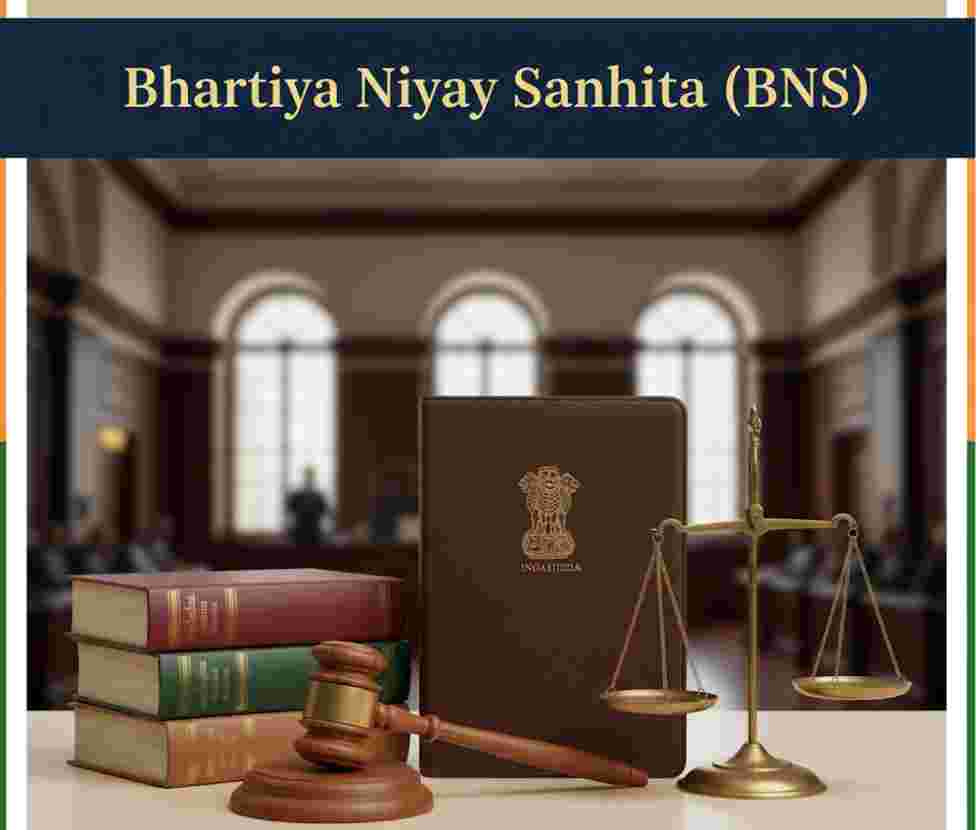
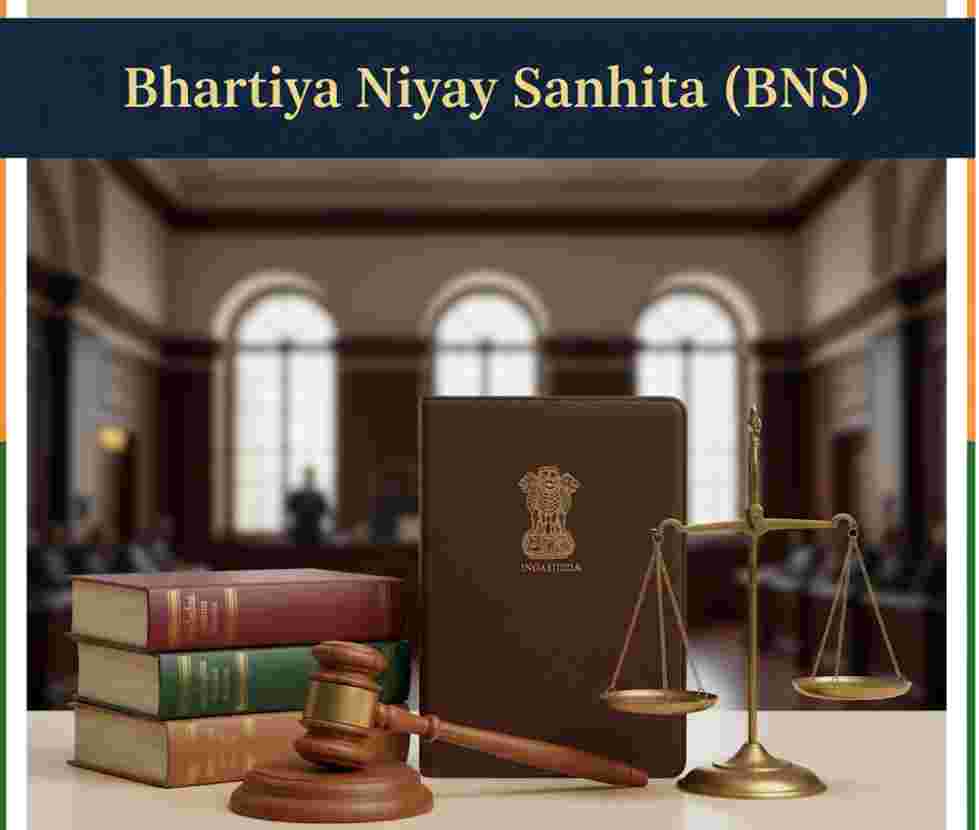
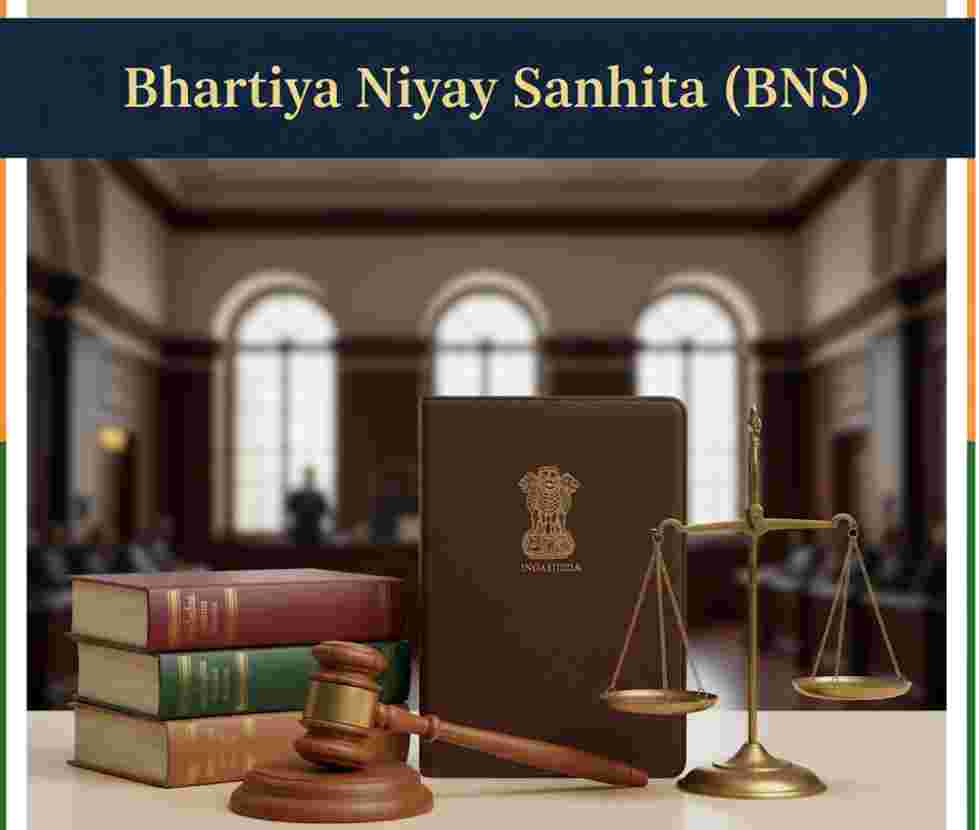
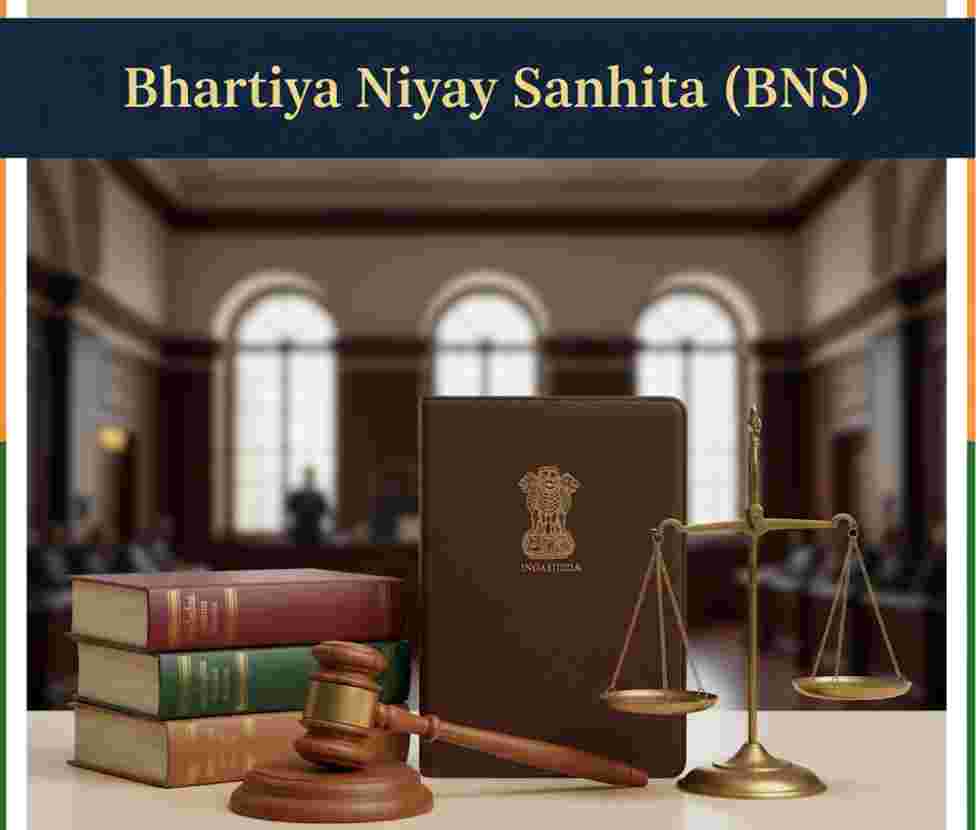
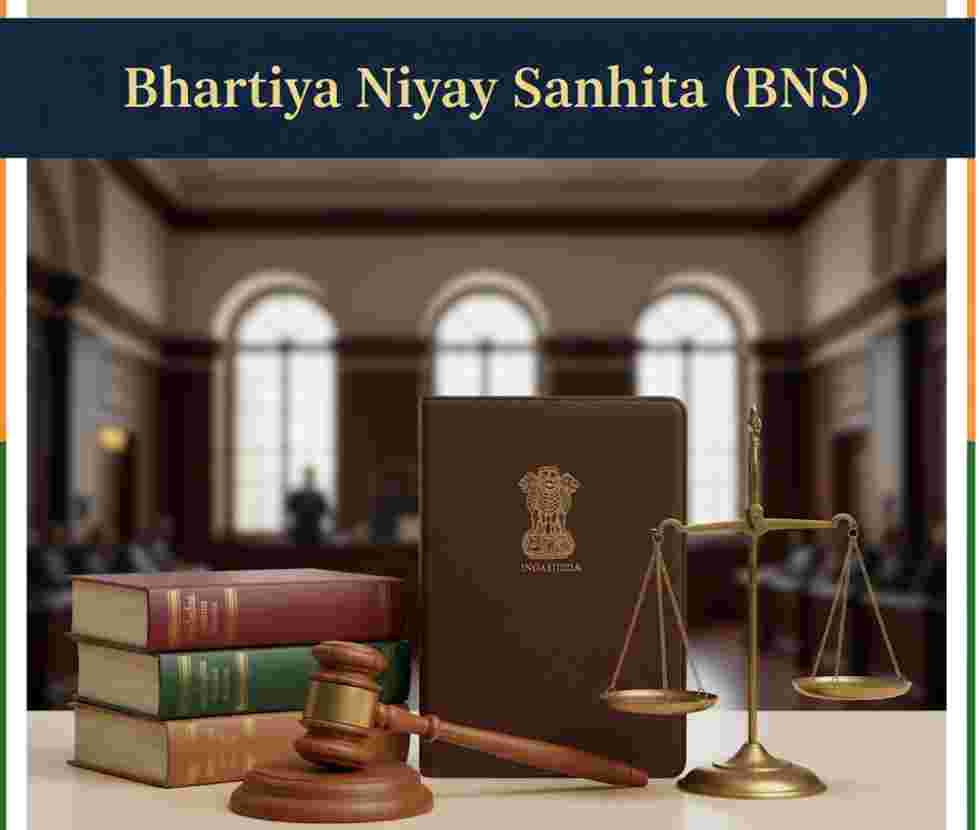
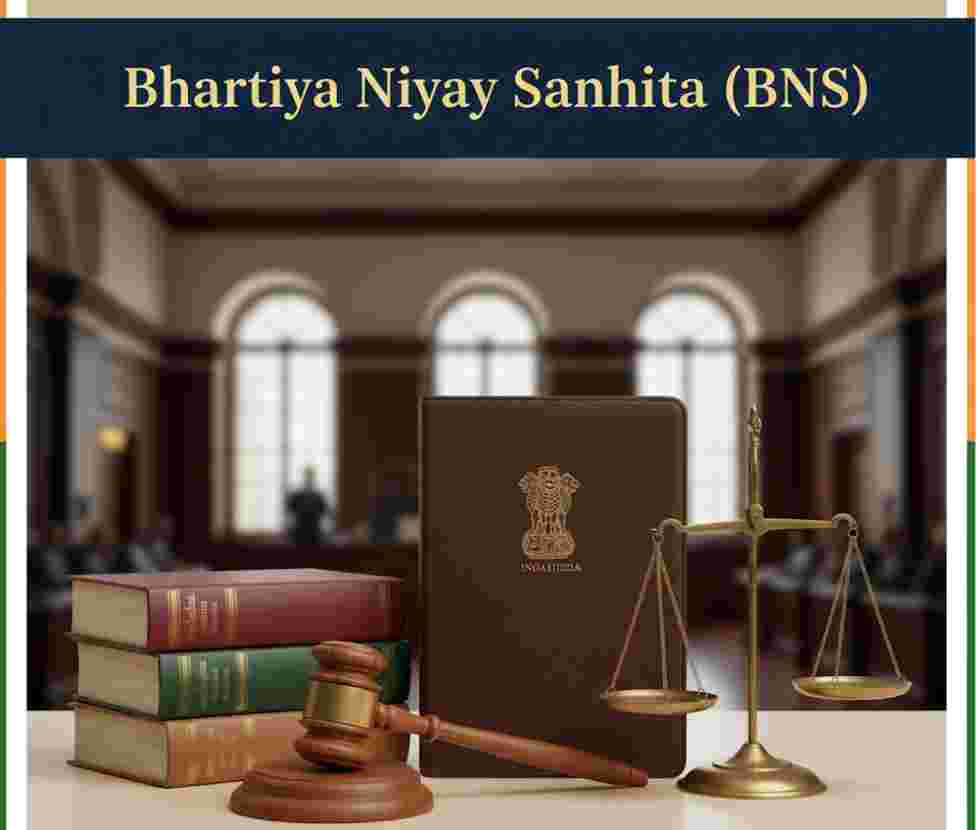
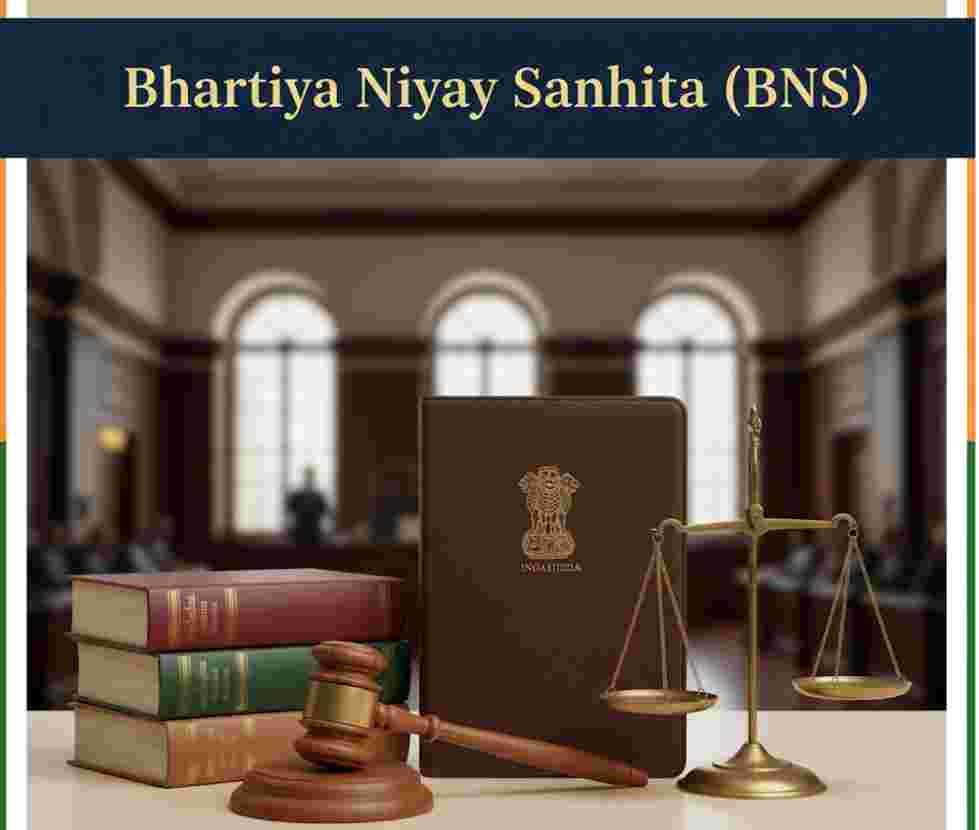
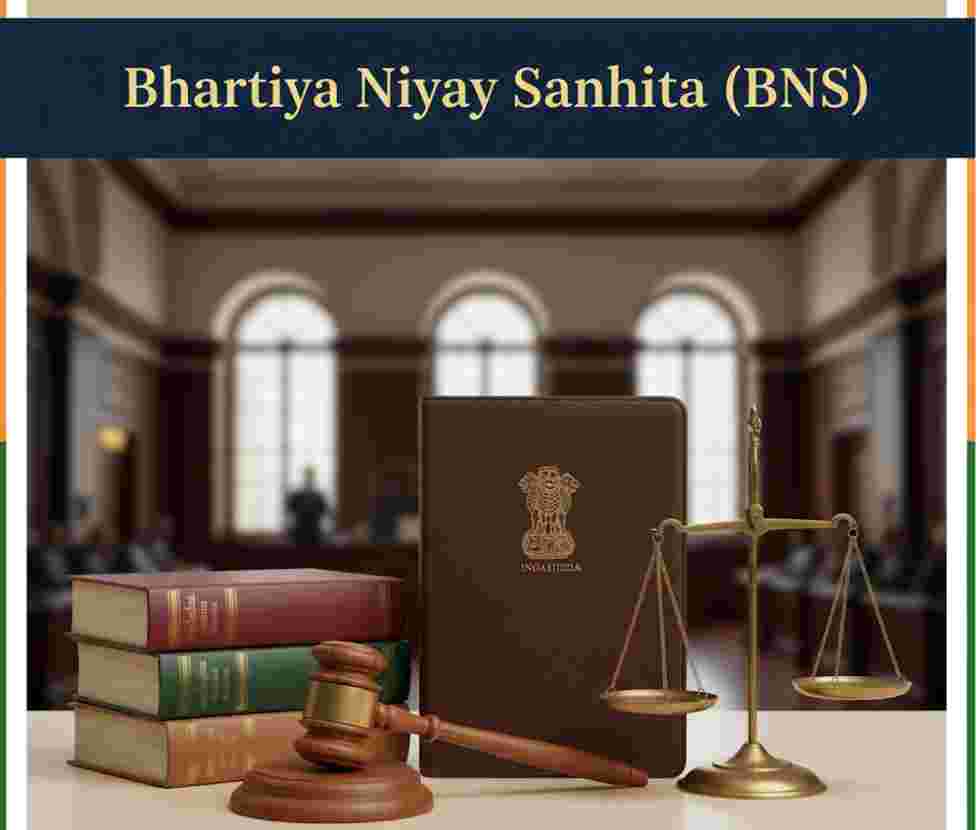
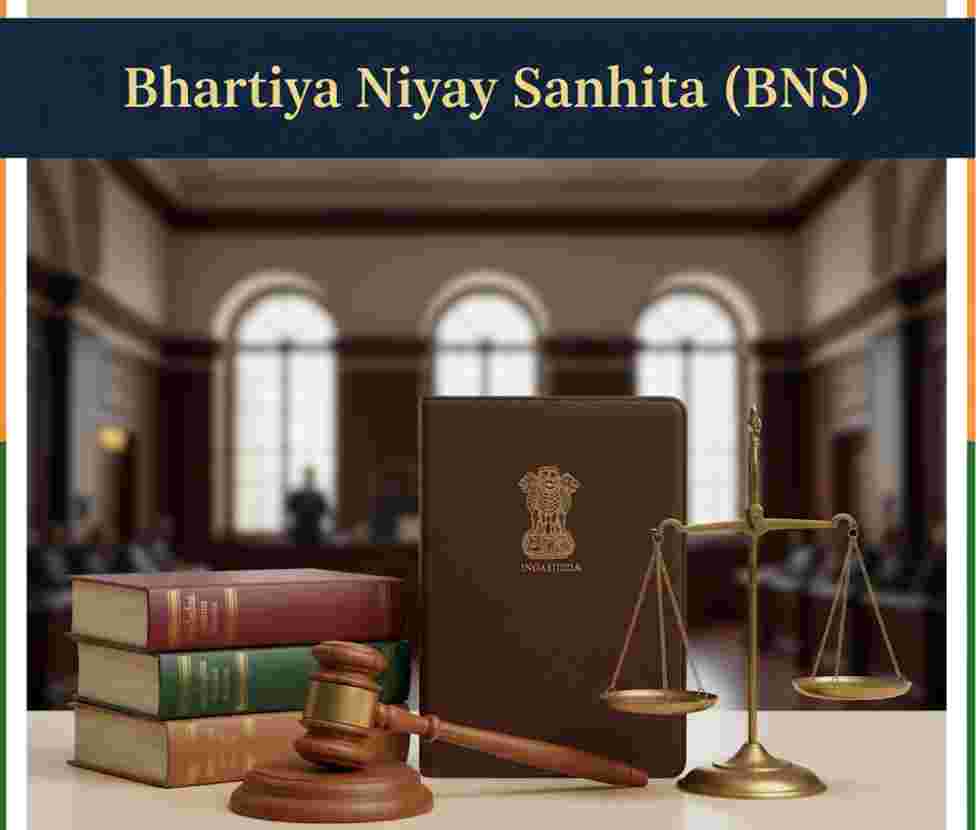
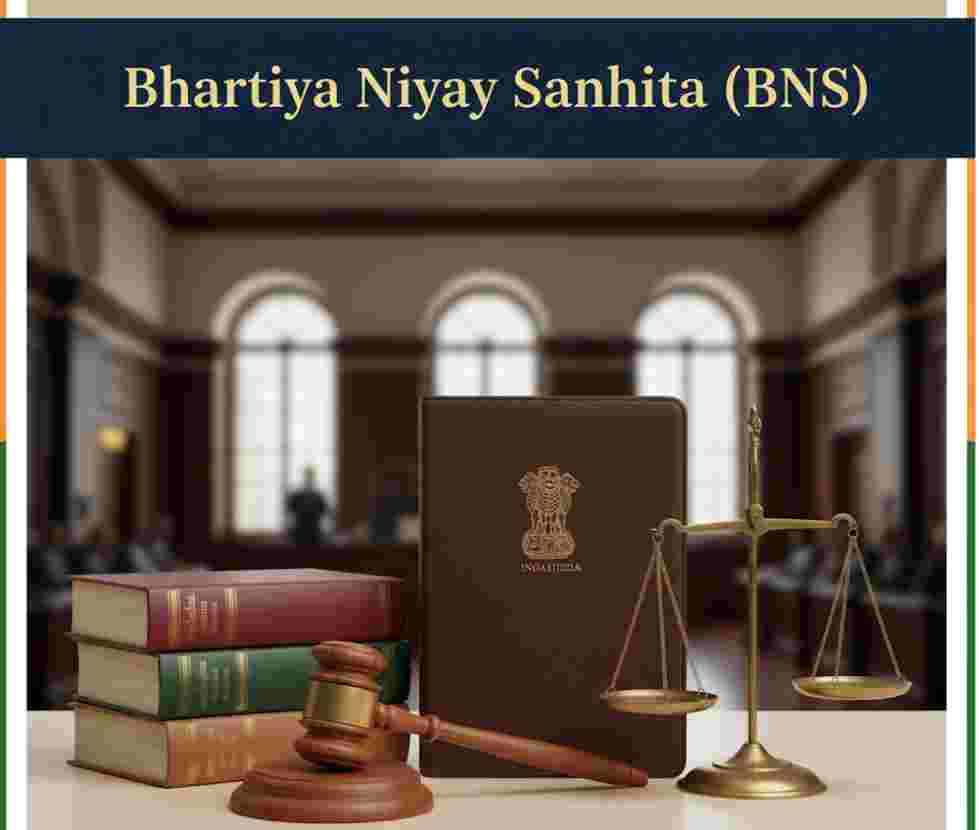
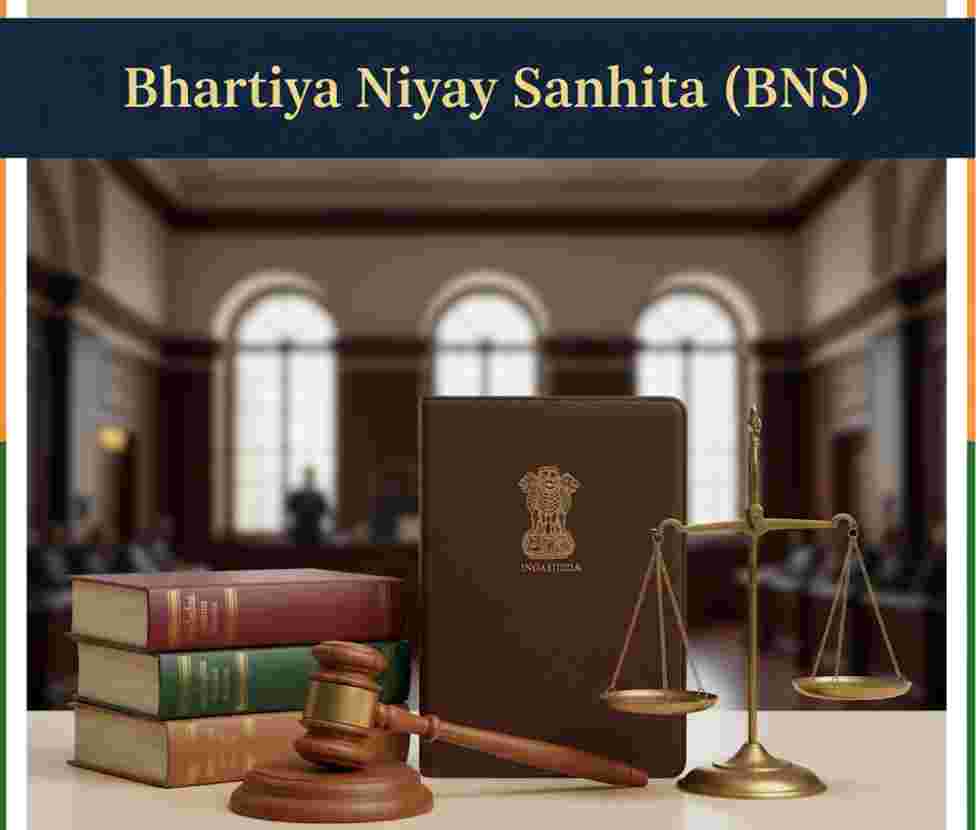
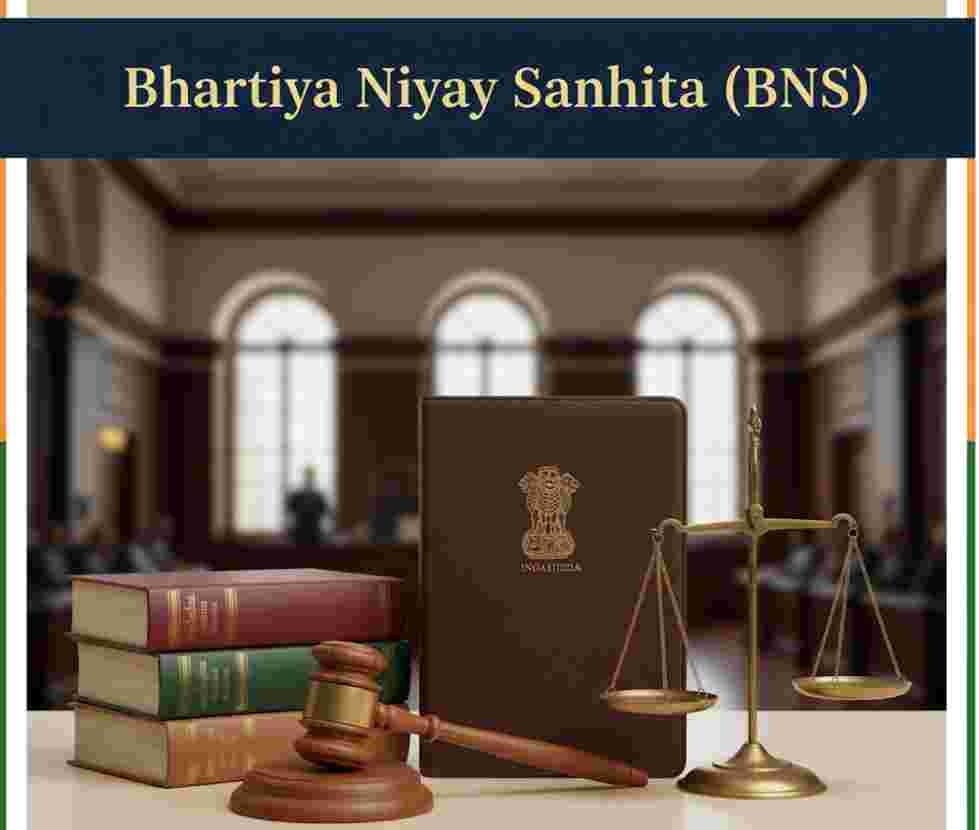
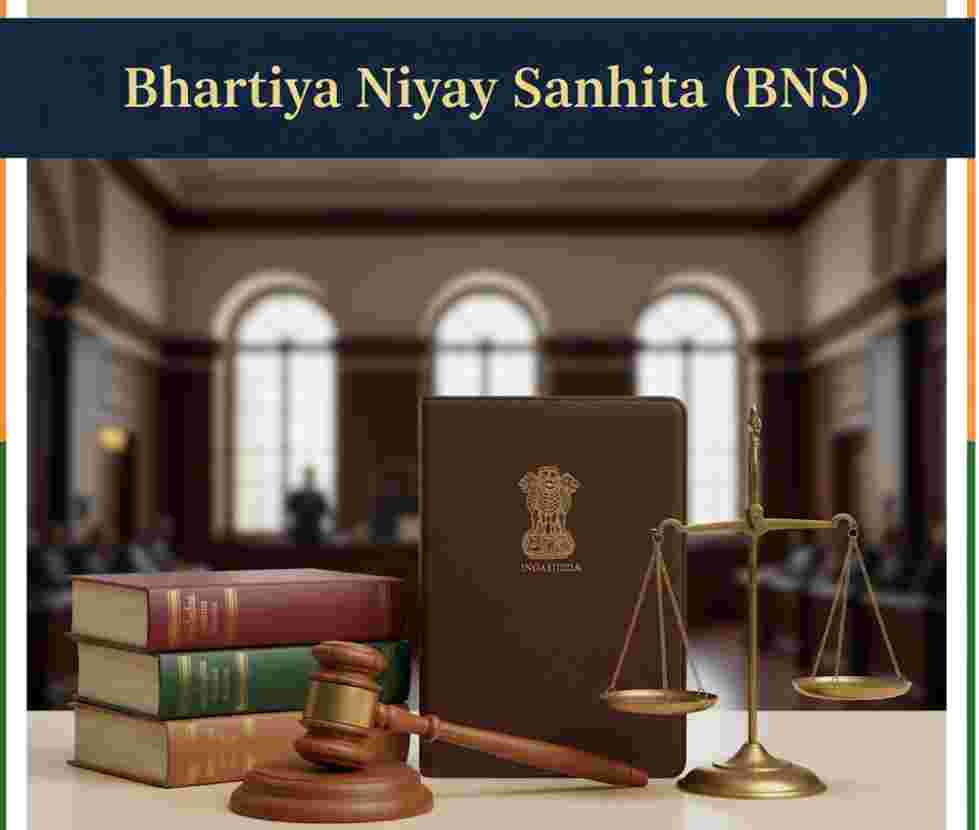
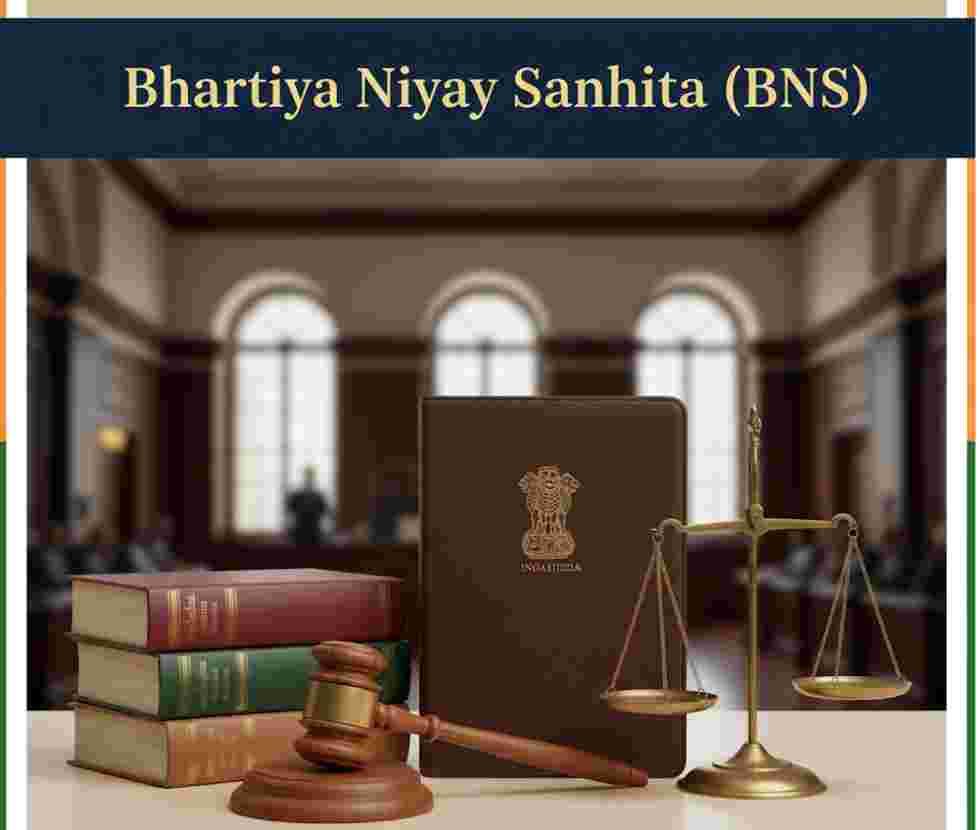
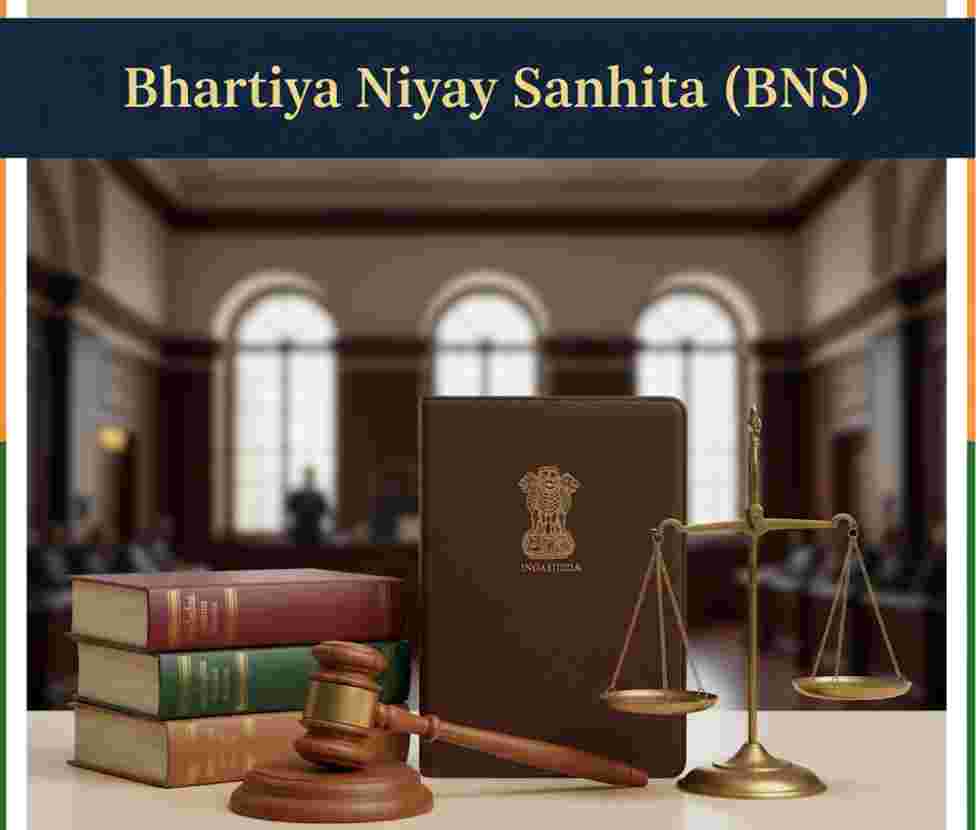
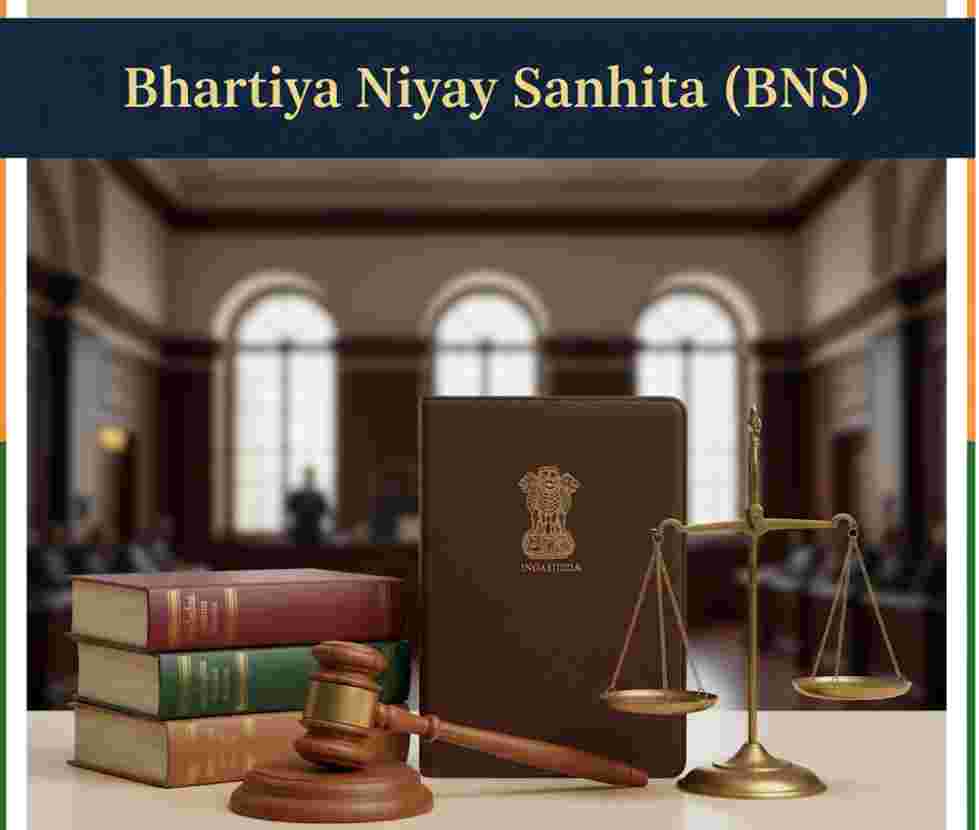
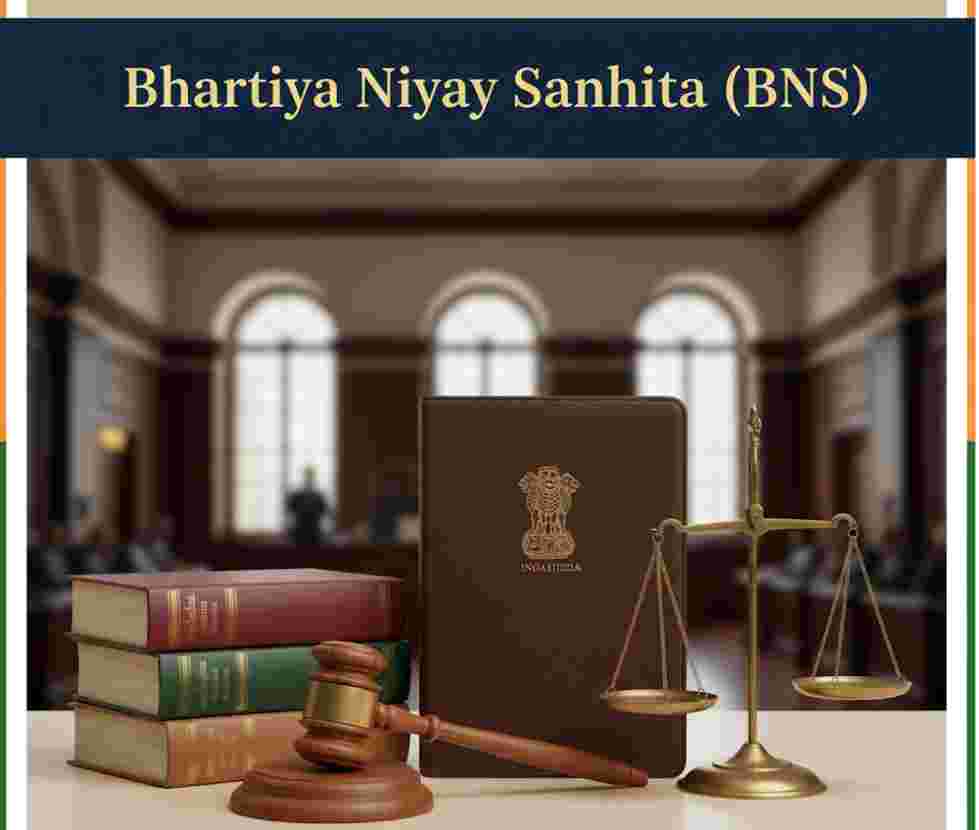
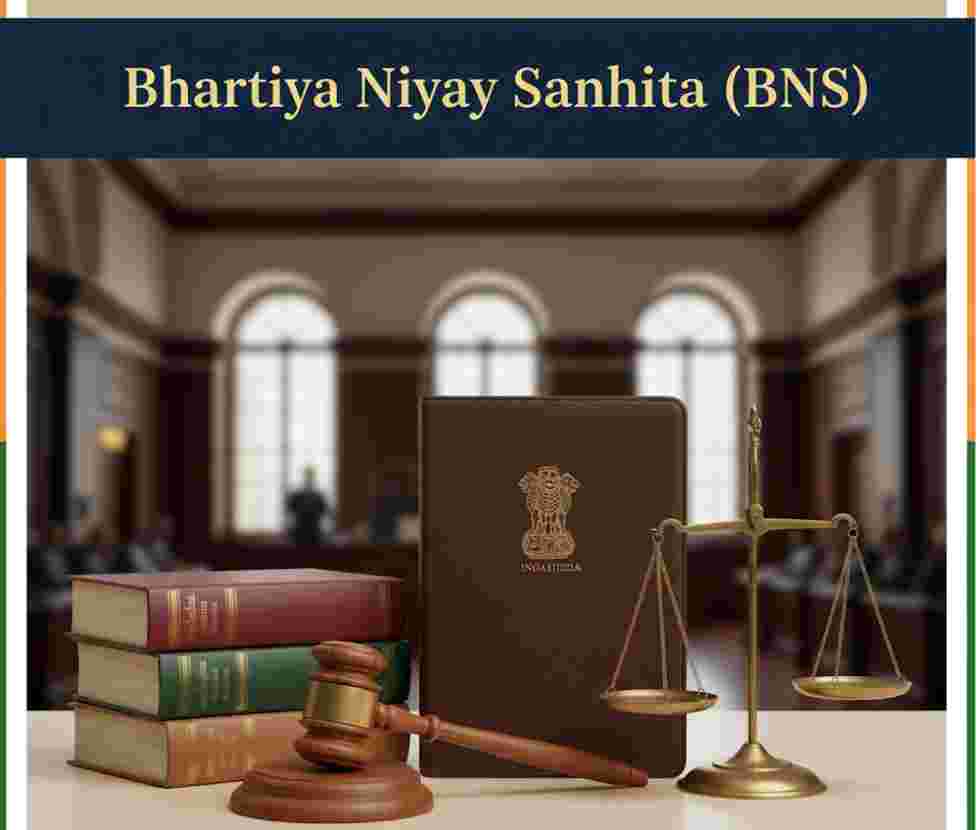
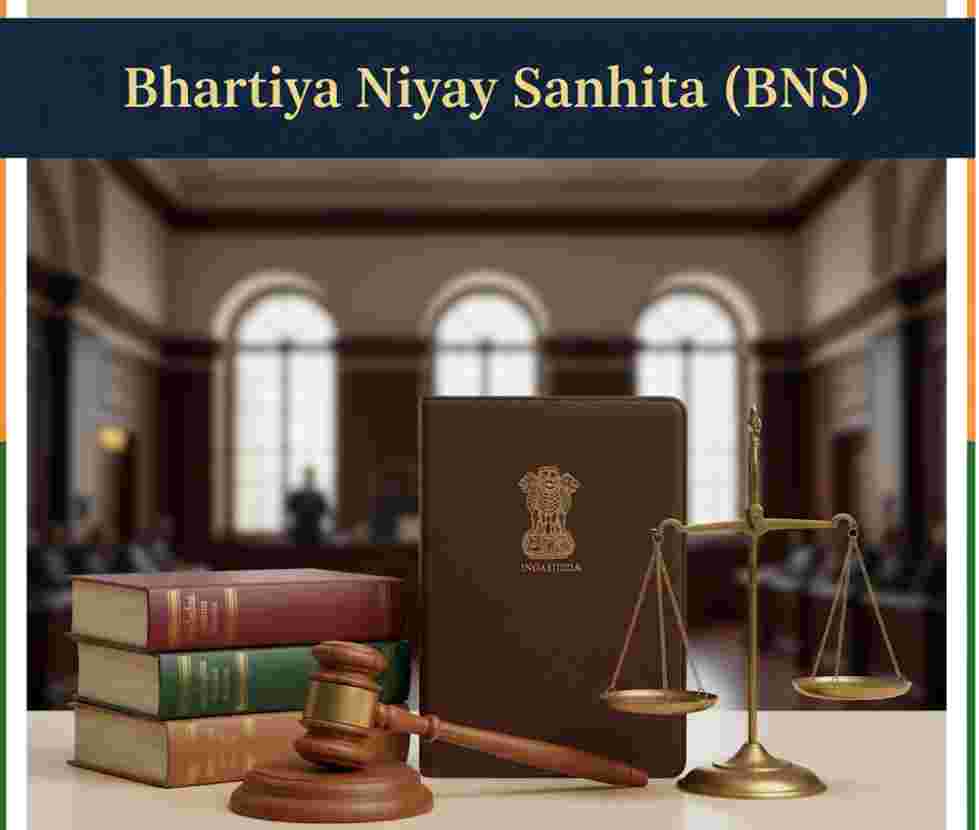
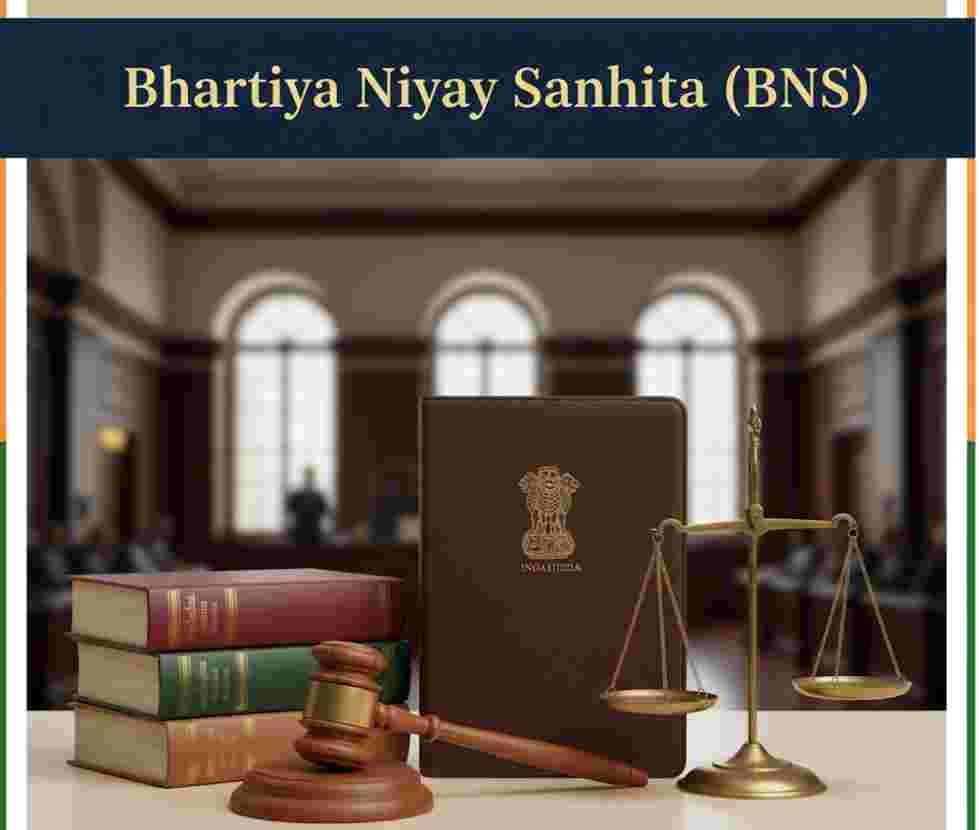
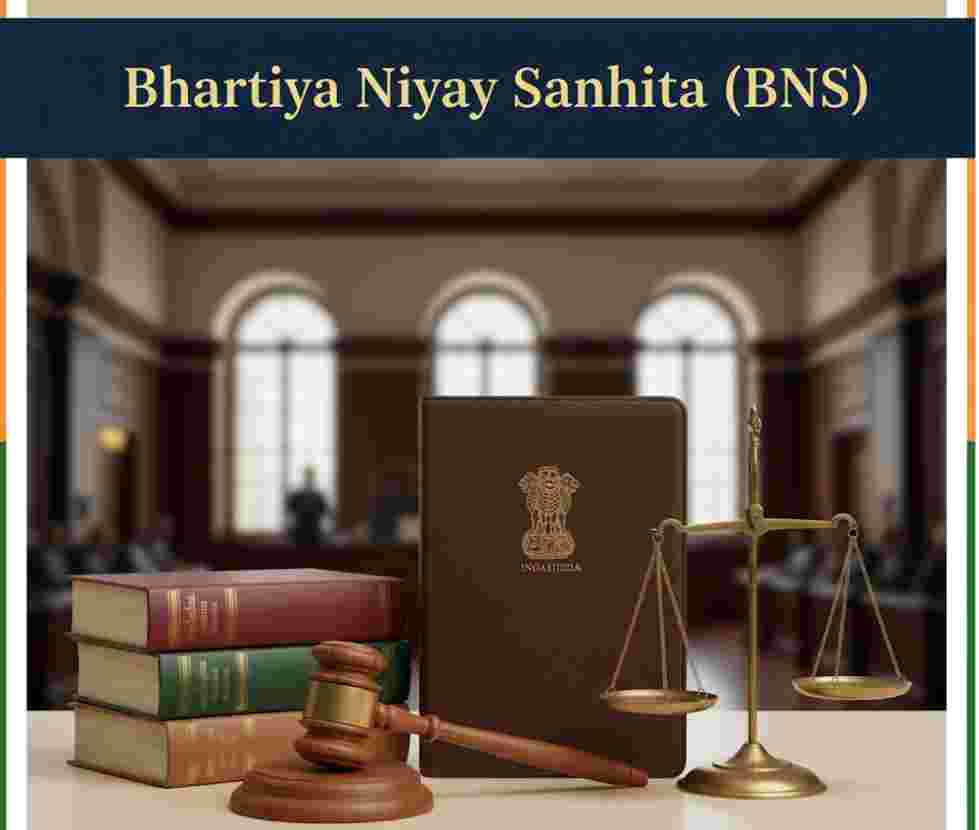
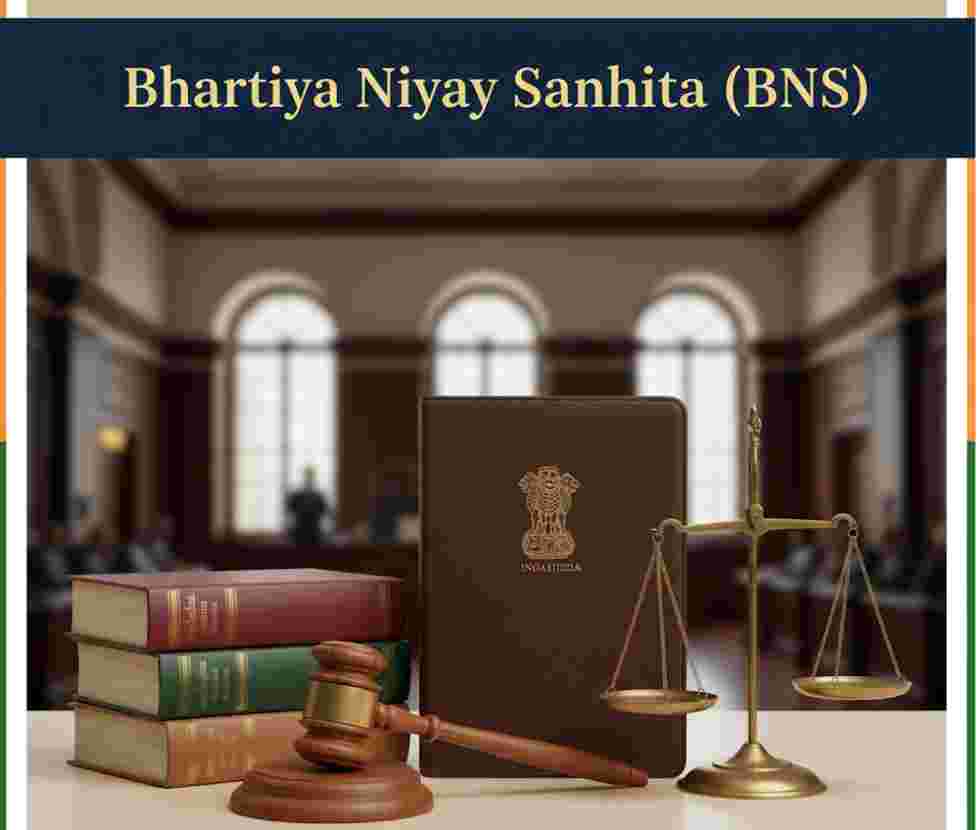
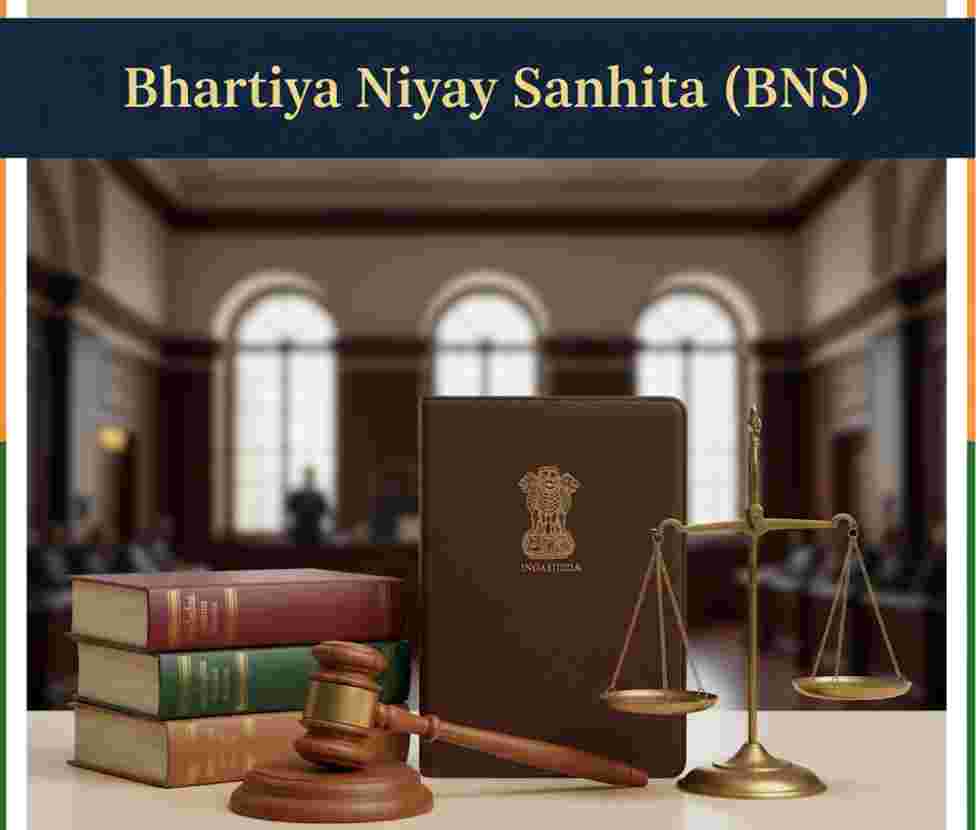


































































































Comment
Nothing for now